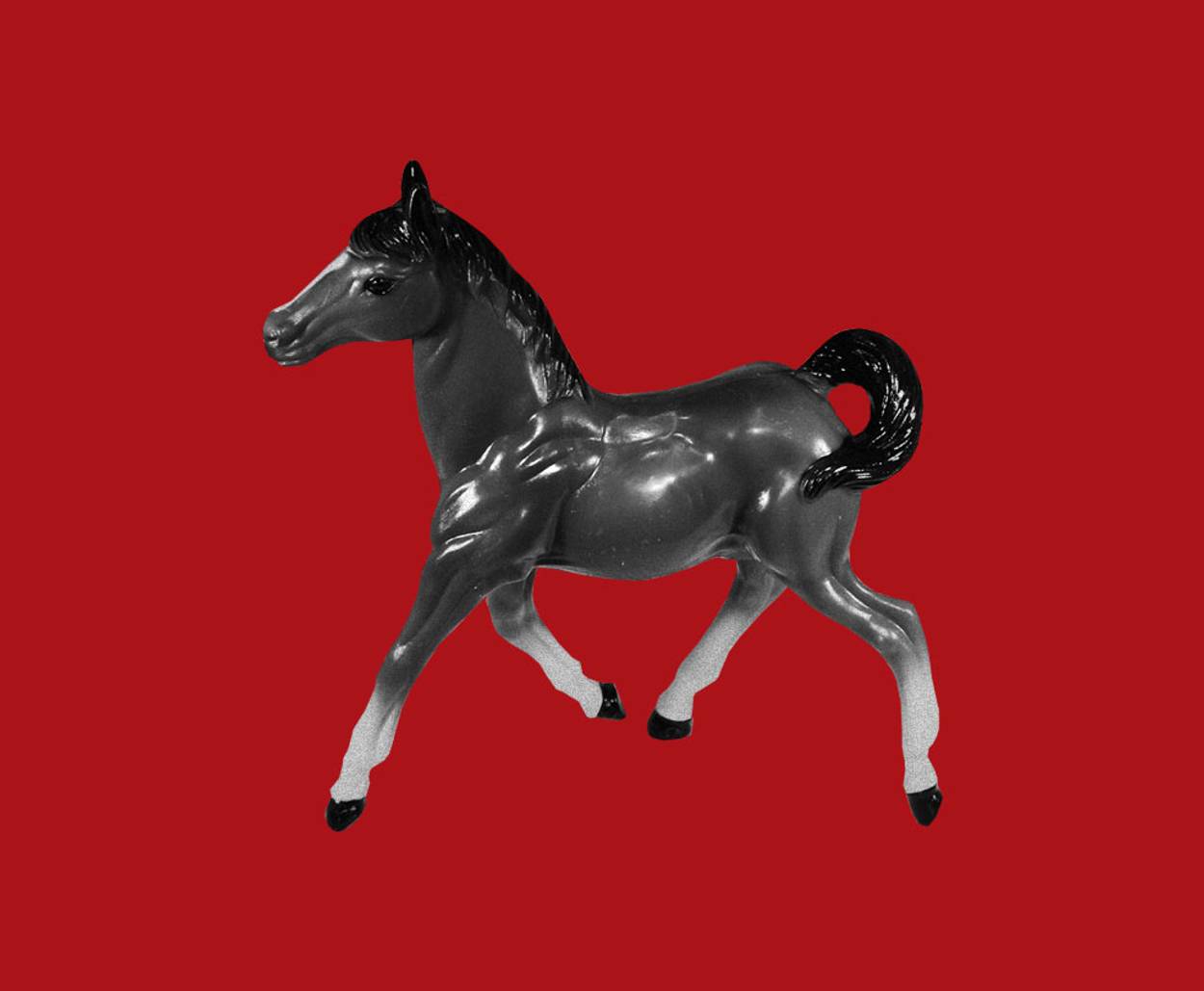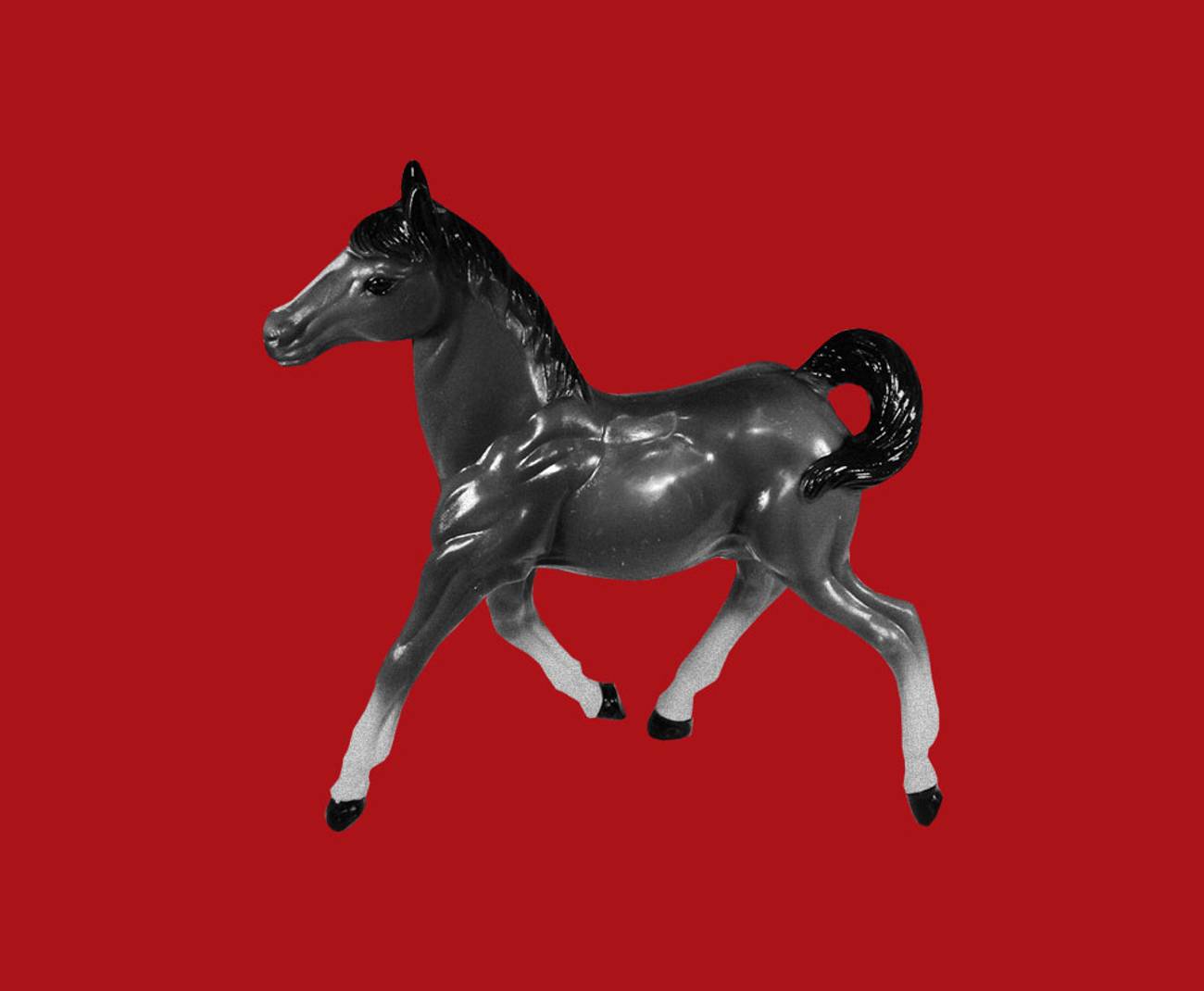New Fiction by Sholem Aleichem for Passover
For the first time in English: ‘Moshkeleh Ganev,’ Chapter 1




Non-Jews called him Moshke. Jews stretched out his name to “Moshkeleh” and then added the nickname ganev, or “thief”—for that’s what he was, a ganev. Which means, he earned his livelihood by thievery.
But when it came to stealing, the only thing he stole was horses. In thieves’ lingo, one doesn’t say “I stole a horse.” Rather, when speaking of their work, horse thieves say, “I shot a bird,” or “freed it from the stable ...” or “whistled it out of the shed,” or “fiddled it out of a gypsy,” or “whipped it out of a wagoner”… That’s the jargon of horse thieves.
In fact, even the word ganev wasn’t part of their vocabulary. A pickpocket was called “nimble fingers.” One who worked in the dark was “a fly by night.” A thief who stole from folks fast asleep at home was “an undercover man.” A ganev of garments—“a coat collector.” And a plain, run-of-the-mill robber was “a snatcher.”
Moreover, the words “horse thief” were never articulated either. However, someone who had a great love, or amour, for horses—a man like that was called an “amateur.”
And Moshkeleh Ganev was a great lover of horses. He adored horseflesh. Since childhood his daily fare had been riding a horse, flying like an arrow out of bow, jumping madly over hill and dale, into forests and across streams. His acquaintance with horses came via his father, Yoineh the Prophet, a life-long horse thief.
Sorry! Not a thief, but a “prophet.”
You know what a prophet is? Among horse thieves, horse dealers and coachmen, a prophet is a know-it-all, a man who always gets it right. And at getting it right Yoineh the Prophet was an expert. Once, when two horses were taken from a coachman’s stable, the coachman went to the Prophet.
“Reb Yoineh, what’s to be done? I’m in a bad fix. Last night someone sneaked in and took off with two of my nags. Tell me what to do, Reb Yoineh?”
The Prophet Yoineh, elderly, grey, and cross-eyed—one eye looked south, the other north—was a man of few words.
“Which ones?” he asked.
“One was light bay; the other, dappled white. I just bought them at the fair. Traded my two mares for ’em. You know ’em, Reb Yoineh, they were good mares. I don’t know what crazy notion got into me to trade ’em. Azriel, he should drop dead, started working on me, telling me, ‘Swap ’em. Swap ’em. What’s it to you if you swap ’em?’ So I went and swapped. And now this misfortune hit me. Help me! What should I do, Reb Yoineh?”
The Prophet looked to the side; his crossed eyes were blazing.
“Gimme a red one for the work.”
“A red? Ten rubles? Where will I get such a big note? Things are rough, Reb Yoineh. Bitter, in fact. How about a green? Won’t three rubles do, Reb Yoineh?”
The Prophet was still looking askance, his crossed eyes blazing.
“Red.”
“How about a blue, Reb Yoineh? Five rubles?”
“Red.”
The coachman scratched himself, promised the Prophet ten rubles, returned home, and went to sleep. The next morning he woke up very early and found his two horses in the stable.
To make a long story short, Moshkeleh Ganev was a ganev and son of a ganev.
Translated from the Yiddish by Curt Leviant. Read Chapter 2 of Moshkeleh Ganev tomorrow.
Sholem Aleichem, (Shalom Rabinovitz; 1859–1916), is one of the founding fathers of modern Yiddish literature.